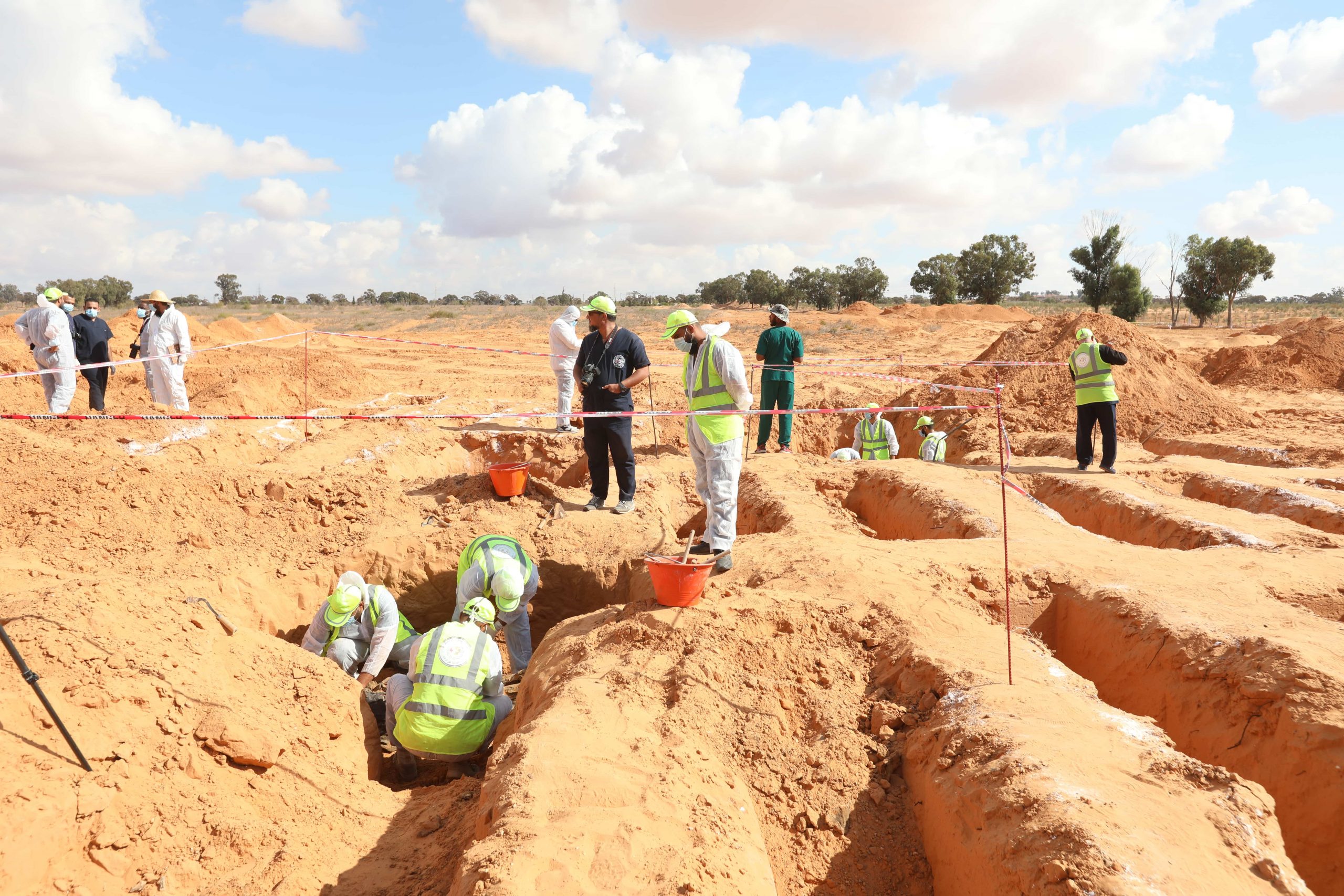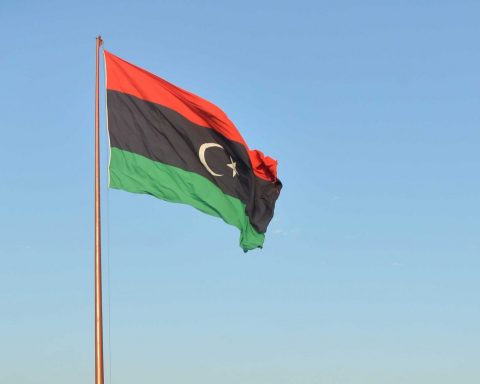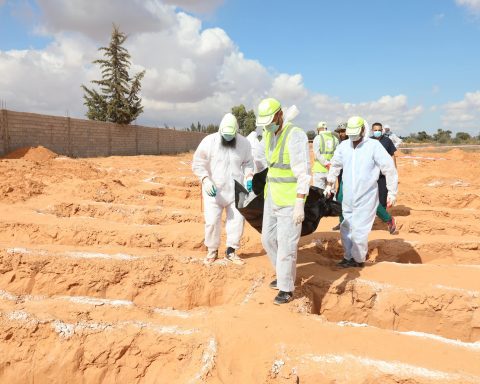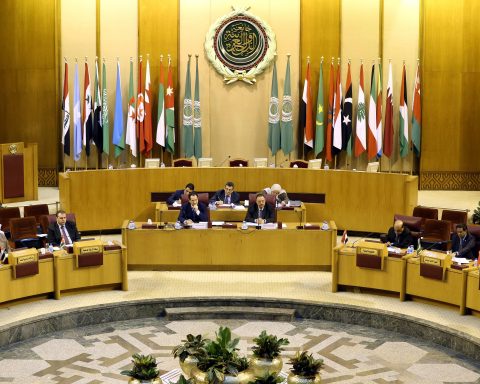Mohammed al-Kani, the perpetrator of the mass graves in Tarhuna and a war criminal, was assassinated on July 27, along with 2 people, in Benghazi. According to local sources, Mohammed al-Kani was killed while resisting a raid on his farmhouse. Nonetheless, many militias loyal to al-Kani were captured and neutralized in the cities of Benghazi, Ajdabiya, and Tobruk. After his death, especially in the city of Tarhuna, celebrations were organized by the local population.
The Kaniyat family, with 6 siblings, had close relations with families close to Gaddafi in Tarhuna, who were known as anti-revolutionary. In the following process, the al-Kani family acted with the militia groups in Misrata and Tripoli, affiliated to the Government of National Accord (GNA). So much so that the al-Kani family was among the important supporters of the GNA during the suppression of Operation Dignity launched by warlord Khalifa Haftar in 2014. By 2015, the family, controlling the whole of Tarhuna and having a military force of approximately 4,000 people, began to show its weight and authority in almost every part of the city.
Mohammed al-Kani was a person who adopted a Salafist mentality. Khalifa Haftar used the Madkhali Salafist militia leaders and some regional elders to persuade Mohammed al-Kani and to lure him to his side in the Tripoli attack that started in April 2019. In this direction, the al-Kani family changed sides in a short time and joined the ranks of Khalifa Haftar. Considering the strategic location of Tarhuna, 65 km southeast of the capital Tripoli, Haftar’s move led to Haftar militia troops gaining significant strength in the field and using the city as an outpost. However, in the following period, the city of Tarhuna was taken back at the end of the unsuccessful invasion attempt with the involvement of Turkey.
The three surviving members of the al-Kani family fled to Benghazi. In the statement made by the Public Authority for Search and Identification of Missing Persons, after the failure of the invasion attempt against the capital Tripoli, it was announced that 28 mass graves and more than 150 civilian bodies had been reached in Tarhuna as of January 2021.
It is claimed by some local sources that the militias loyal to Haftar’s son, Saddam Haftar, were behind the murder of Mohammed al-Kani. The name of Ali Al-Mashai, one of the commanders of the Tarek Bin Ziyad militia groups, one of the important representatives of the Madkhali movement in eastern Libya, comes to the fore in relation to the assassination. According to Wolfram Lacher, Researcher in German SWP, similar to Mahmoud al-Werfalli’s assassination in April, Haftar aims to gain sympathy from the public on the one hand and to prevent possible future trials on the other by eliminating the controversial people within his own ranks. Thus, it can be assumed that what happened in Tarhuna may open the way to an international trial for Haftar, who wants to stand as a candidate in the December 24 general elections.
Therefore, Haftar’s strategy to clean up the rotten eggs inside his ranks is built on breaking the pressures that may occur in the medium-long term. As a matter of fact, the announcement by the European Union and the US that they started to impose sanctions against the al-Kani family a while ago, and the investigations launched by the International Criminal Court (ICC) into the mass graves in Tarhuna is believed to have worried Haftar, who is already stuck in the constitutional candidacy criteria.














